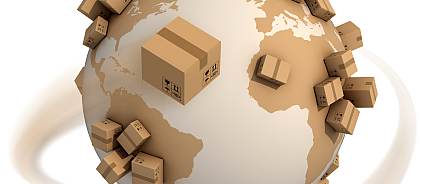global Sourcing
global sourcing can be translated as “global acquisition” or “global procurement”. it is a procurement strategy that looks at international procurement activities, focusing on the systematic use of international procurement sources and expanding the range of options to meet demand.
advantages of Global Sourcing
the advantage for internationally active companies is that they can cover their needs in the following ways:
- local procurement markets
- third countries
- within the group via other business units
global sourcing can also be used to overcome local bottlenecks in the supply of goods. by having a presence in the international market, international companies can exploit price advantages related to labour costs and imperfections in the overall market to reduce their procurement costs.
an imperfect market is characterised by
- heterogeneous goods (goods differ, for example, in their shape or packaging),
- lack of market transparency (lack of complete information about the quality and prices of competitors, for example), and
- buyer preferences (purchasing decisions are made on the basis of different physical, personal, spatial or temporal preferences).
disadvantages of global sourcing
thedisadvantage is that international activities require a high level of coordination and logistical effort. in addition, companies do not benefit much from favourable procurement prices if, for example, transport costs or customs duties counteract the advantages. other disadvantages that arise from international procurement activities include the following:
- exchange rate fluctuations
- risks arising from political instability
- long delivery times
the International Procurement Policy is designed to ensure the quality and availability of raw materials, consumables and supplies as well as services on an international level.
you can find more information under Procurement Logistics.
image source: © koya979 – Fotolia.com
